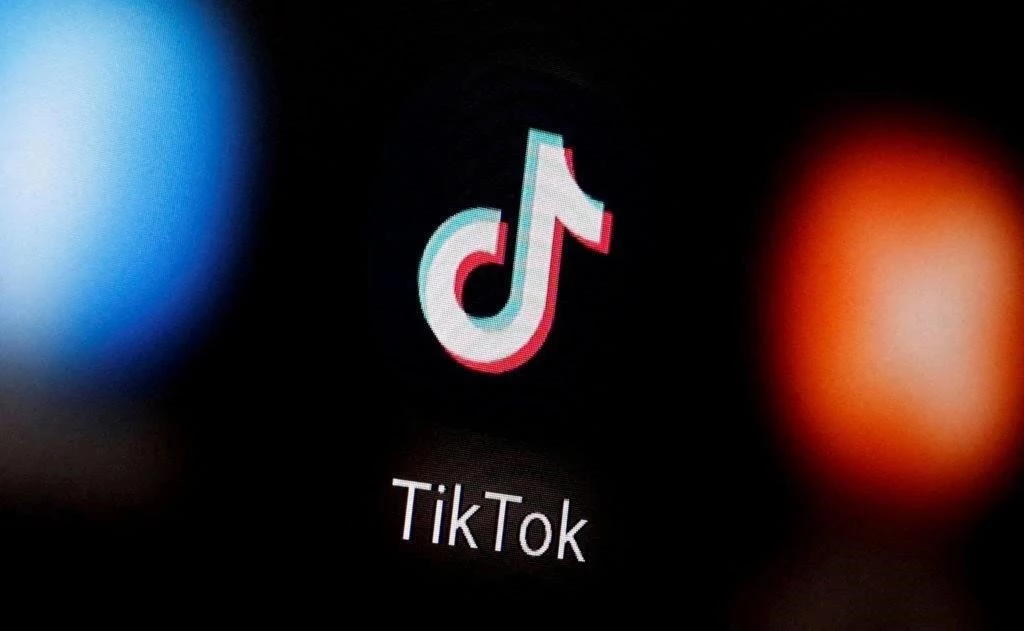U.S. federal appeals court upheld a law mandating that ByteDance, the Chinese parent company of TikTok, divest its U.S. operations. This ruling marks a significant development in the ongoing legal battle surrounding the popular social media platform.
Background
The law, initially passed by Congress in 2024, requires ByteDance to sell TikTok’s U.S. assets by a set deadline or face a nationwide ban. The core concern driving this legislation is the potential national security risk posed by TikTok’s ownership structure; Authorities fear that user data could be accessed by the Chinese government.
The Court’s Decision
A three-judge panel of the U.S. Court of Appeals for the District of Columbia Circuit unanimously upheld the law. This decision rejected TikTok’s arguments that the law is unconstitutional and infringes on free speech rights. The court’s ruling further moves the app towards a potential ban.

Potential Next Steps
Following the appeals court decision, several scenarios could unfold⁚
- Divestment⁚ ByteDance could choose to comply with the law and sell TikTok’s U.S. operations to a non-Chinese entity. This would likely involve a complex acquisition process and could significantly alter the company’s valuation.
- Supreme Court Appeal⁚ TikTok could appeal the decision to the Supreme Court. However, the Supreme Court previously upheld the ban law in April 2024. There is no guarantee the court would hear the case or, if they did, would overturn the appeals court ruling.
- Ban Implementation⁚ If ByteDance does not divest and the Supreme Court does not intervene, the ban would likely be implemented. This would mean that TikTok would no longer be available for download or use in the U.S.
Additional Factors
There have been recent developments that could influence the situation. President Donald Trump signed an executive order on January 20, 2025, instructing the attorney general to pause the enforcement of the ban. However, it is unclear what the long-term impact of this order will be. It is also important to consider the broader geopolitical context and the relationship between the U.S. and China.
Conclusion
The recent court ruling has brought the prospect of a TikTok ban in the U.S. closer to reality. The situation remains fluid, with potential legal challenges, political maneuvers, and business decisions all playing a role in the outcome. The upcoming weeks or months will be crucial in determining the future of TikTok in the United States.




